Introduction to the book by Lennie Goodings, Publisher at Virago.
When I opened the First Look jiffy bag from Virago last month to find a copy of Living Dolls, by Natasha Walter, I was really excited. I had read quite a few reviews of this book online, and was intrigued. I was also pleased to see that the Virago Book Club would be including non-fiction titles, it’s great to see such a variety of works chosen for the group so far.
Living Dolls is a book that argues that society in the UK is moving backwards, actually becoming more and more sexist, as suggested by the subtitle ‘The Return of Sexism’. It is divided into two sections. The first, ‘The New Sexism’, looks at the impact of the sexist aspects of our culture on girls and women, and the second, ‘The New Determinism’, examines the so-called science used to justify maintaining the status quo.
I found the first section the most interesting as Natasha Walter spoke to many different people to find out what they thought about the increasingly sexualised culture, and what impact it has on had on them. The descriptions of the way in which the marketing of toys and clothes to little girls has changed recently really resonated with me. I remember that I, growing up in the 1990s and early 2000s, practically lived in jeans until the age of 18. The Disney store didn’t arrive until my sister and I were already too tall for the princess costumes. As a small child, I used to stare enviously at the racks of velvet or chiffon dresses hanging on racks in the formal corner of the children’s departments in shops, but I knew full well that I’d rarely wear them, they just weren’t practical, whether I was running about the garden, climbing at the playground, or curling up with books. I didn’t want to confine my everyday movements to activities that would keep my clothes nice. It’s not as if I were a rebel either, there were very few ostentatiously girlie girls that I knew, jeans were cool. Yet girls today seem obsessed with pink. It’s rare that I see a girl wearing jeans and no pink whatsoever, and I suspect that if I were growing up today I’d probably be as pink and frilly as the next wannabe-princess.
The second section is drier, as Walter questions the scientific method behind various psychological studies which have been held up in the press as proof of enduring and natural differences between the sexes. I was a bit shocked that I, who only did A Level Psychology, could easily pick out the flaws with the described studies before she did so in the text, and yet the press take the conclusions of the research at face value. One thing she did describe that I hadn’t really thought of before, is the way that when female politicians are criticised for being unfeminine, or not attractive enough, it makes them seem less human, like they’re breaking the rules of nature by having unperfect hair. I’d noticed this type of criticism before, and struggled to ignore it, but I’d never thought about it as making them seem inhuman, so that was interesting.
I do have a couple of criticisms of Living Dolls. Firstly, I thought that in the first section she devoted too much time to other people’s opinions, and neglected to include as many of her own thoughts. I was often nervous, waiting to find out where the author herself stood, as she’d bring in an argument and quote various sources, but wouldn’t say how she felt about it until several pages later. Although I don’t agree with Melanie Newman’s suggestion that Natasha Walter contradicts herself (I thought that it was perfectly reasonable for her to criticise mainstream pornography whilst acknowledging that there are alternatives to it) I can see where’s she’s coming from, as Walter gives so much space to general critique and doesn’t discuss explicit sexual materials outside the mainstream, all she does is mention that they exist.
I also had trouble with (and this is where I do agree with Melanie Newman’s review for the f word) Walter’s idea that promiscuity is now seen as as an acceptable choice for teenage girls, and is even celebrated to the extent that it makes girls feel like they have to act that way. It doesn’t ring true for me, I think the reality is much more complicated. It would have been interesting if Walter could have spoken to the girls she met in smaller groups, and asked them what they thought of the different possibilities, rather than just about what choices they had made for themselves. I would expect that some of those girls that proclaimed their desire for short-term flings and nothing serious would be (probably cruelly) critical of the girls that wanted long term relationships, and vice versa. Also, although the promiscuity of young women may be tolerated by society in the short term, they are still expected to start chasing the ring, the big white dress and the cradle, eventually. Let us not forget that 3 out of the 4 central women in Sex and the City, which is apparently a inspiration for the teenage girls quoted in Living Dolls, got married in the end, and that the whole series (and two films) revolved around their relationships, no matter how casual, with men.
It’s a relatively minor issue, but I found the cover to be a bit strange – it looks slick and modern but it kind of contradicts the text with its image of a slim white woman’s body, and the pink banner. I know book blog readers love to debate covers, so feel free to comment even if you’ve never heard of this book before!
I have to admit that it’s difficult for me to judge how convincing Natasha Walter’s argument is, because if she were so inclined as to find a choir to preach to, I would be in that choir. I agreed automatically with almost all her points as I studied media and cultural studies at university and have already read about a lot of the things she mentions in greater depth. However, I’m glad that this book has been published and promoted so well, as it is vitally important that people in general, outside academia, consider these issues that impact so much on all our lives. I read Living Dolls really quickly – I was done within a few days, which is unusual for non-fiction – so I expect that most readers would find it quite accessible and easy to read.
I’m going to do a related reading post because quite a few other interesting books were referenced by the author in this one, and there are also other books that I can think of just off the top of my head that are relevant, so watch this space!


